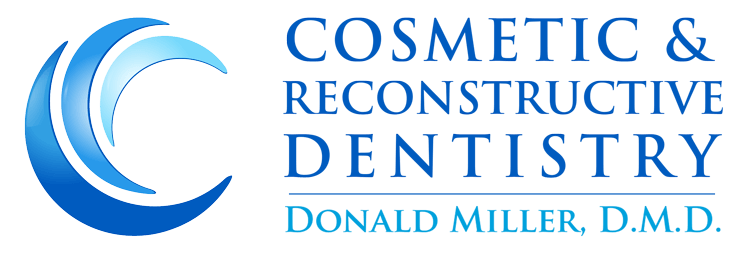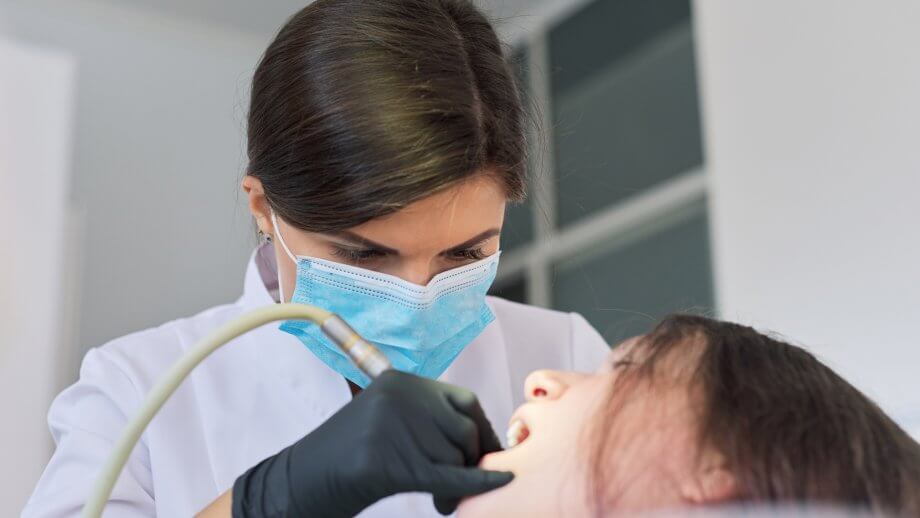For some patients, the idea of getting extensive dental work done can be overwhelming. Even a regular hygiene appointment with the dentist can lead to anxiety, but sitting in the dental chair for an extended period of time can be more than many can handle. However, when you require a lot of dental work, it can be much easier for you, and the dentist, if you are able to fully relax using IV sedation. This could help increase the efficiency of the dentist and potentially reduce the number of visits needed to resolve your dental issue or issues.
How IV Sedation Works
Intravenous sedation, or IV sedation, is a type of sedation dentistry in which the medications used to calm the patient are delivered through an IV and straight into the patient’s bloodstream. This medication reduces anxiety and promotes a sedated, relaxed experience.
There are two types of IV sedation. The first is twilight sedation. This is the one most commonly used for anxiety and is light anesthesia that keeps you conscious even though you will likely sleep through the procedure. The other is general anesthesia. This is a more intense, deep sleep anesthesia that is often reserved for those who need extensive dental work.
The combination of an experienced dentist and anesthesiologist who both understand the right dosage, and administration of it, will hook the patient up to an IV. Medications to reduce saliva and reduce anxiety are often given through the IV, causing the patient to become drowsy. Sometimes an anti-nausea medicine is administered as well.. And, of course, the sedative is also given through the IV. Keep in mind that all medications delivered through the IV may vary based on the dentist, anesthesiologist, patient, and the procedures to be performed.
Then, depending on the level of sedation, the patient may fall into a deep sleep throughout the dental procedures or may remain in a twilight. The latter will allow you to still be able to respond to the dentist while being fully relaxed. Both options allow for dental work to be performed without feeling any pain and anxiety. Once the dental work is completed, another medication will be administered in the IV to bring the patient back to a waking state.
During the entire time of sedation, it is common for the patient’s pulse and oxygen levels to be monitored to make sure the patient is healthy - and that there is no negative reaction to the drugs being administered. It is also common for your blood pressure to be taken before and after the treatment.
Benefits of IV Sedation in Dentistry
There are other forms of sedation dentistry, such as nitrous oxide and conscious oral sedation that work well for certain patients. So, what sets IV sedation apart? It does come with quite a few benefits.
- Because the medication goes directly into the bloodstream, the effect of IV sedation takes hold quickly
- Multiple dental procedures can be taken care of in just one visit - and this can cut down on the costs of the dental work.
- Fear and anxiety are reduced.
- IV sedation keeps you from experiencing the dental procedures - and will likely leave you with very little recollection of it upon waking.
- If smells or sounds lead to increased anxiety, they won’t be heard or smelled with IV sedation.
- Due to the patient’s increased sense of calm, the dentist is able to move through the procedures efficiently and without disruption.
Is IV Sedation Right for You?
IV sedation is not recommended for all patients or for all dental work. Rather, it is recommended as an option for ideal candidates who will benefit the most from it, including patients who:
- Need an extensive amount of dental work.
- Have had past traumatic dental experiences.
- Often have a sensitive gag reflex.
- Have a high level of dental anxiety or fear.
If you would like to find out if you are a good candidate for IV Sedation dentistry and if this is a good option for your dental health care, contact Dr. Donald Miller of Cosmetic & Reconstructive Dentistry in Fairfield, CT. Call 203-255-6878 today to schedule a complimentary consultation. Or click here to schedule an appointment with Dr. Miller online.

